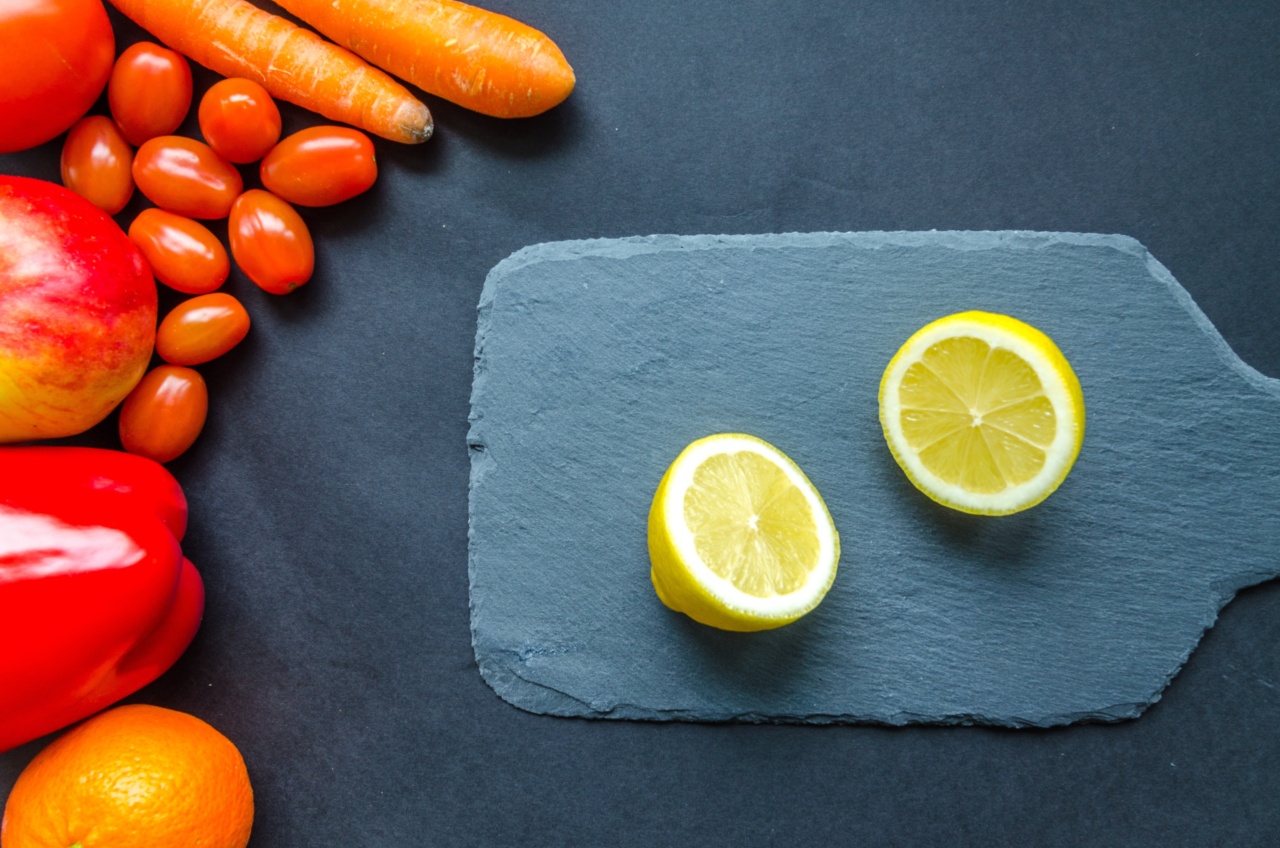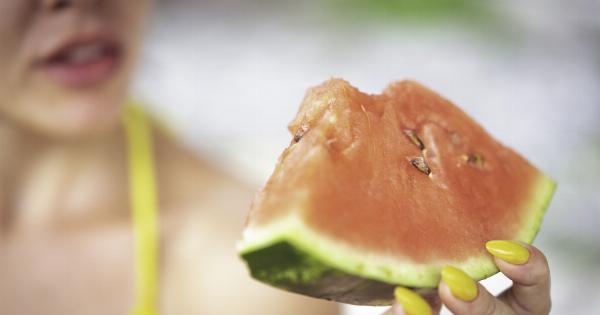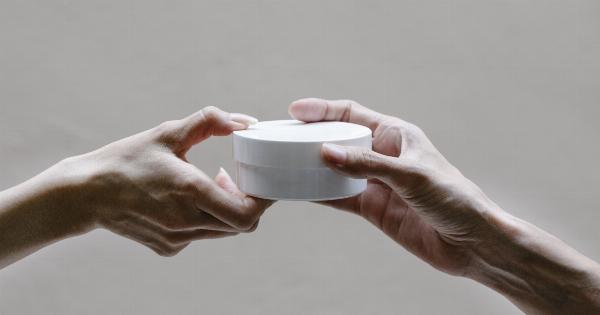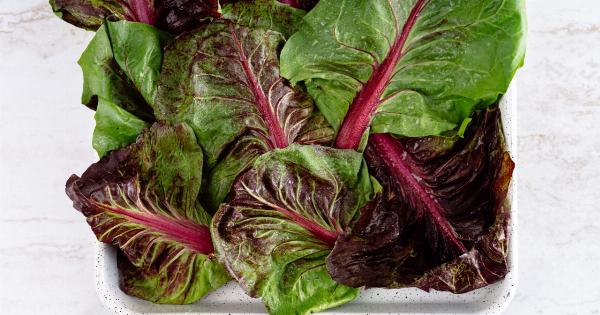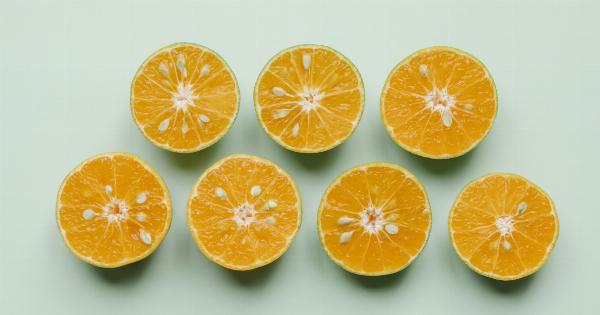The gallbladder is a small organ located just below the liver. It plays a crucial role in the digestion process by storing and releasing bile, a substance produced by the liver that helps break down fats.
Keeping your gallbladder healthy is important for overall digestive health. One way to support your gallbladder is by eating a healthy diet that includes foods that promote its proper functioning. In this article, we will discuss the top 9 foods that are beneficial for maintaining good gallbladder health.
1. Apples
Apples are rich in pectin, a soluble fiber that can help prevent the formation of gallstones. Pectin binds to cholesterol in the bile and reduces its concentration, lowering the risk of gallstone formation.
Additionally, apples contain antioxidants that have been shown to protect against gallbladder damage. Including apples in your diet can provide numerous benefits for your gallbladder health.
2. Citrus Fruits
Citrus fruits like oranges, lemons, and grapefruits are packed with vitamin C and other antioxidants, which are essential for overall health, including gallbladder health.
Vitamin C helps in the breakdown of cholesterol and prevents the accumulation of excess cholesterol in the bile, reducing the risk of gallstone formation. Adding a variety of citrus fruits to your diet can support your gallbladder and improve your overall well-being.
3. Berries
Berries, such as blueberries, strawberries, and raspberries, are not only delicious but also offer numerous health benefits. They are rich in antioxidants and fiber, which can aid in reducing the risk of gallstone formation.
Berries promote healthy digestion and have anti-inflammatory properties, making them an excellent addition to your gallbladder-friendly diet.
4. Leafy Greens
Leafy greens like spinach, kale, and Swiss chard are nutrient-packed and can support your gallbladder health.
They are low in calories and high in fiber, which helps regulate digestion and prevent constipation, a common risk factor for gallstone formation. Including leafy greens in your daily meals provides essential vitamins, minerals, and antioxidants for maintaining a healthy gallbladder.
5. Olive Oil
Although high in fat, olive oil is a healthy fat that can benefit your gallbladder. It contains monounsaturated fats, which help reduce cholesterol levels in the bile and promote bile flow.
Consuming olive oil in moderation can support the proper functioning of your gallbladder and improve overall digestive health.
6. Legumes
Legumes, such as lentils, beans, and chickpeas, are excellent sources of plant-based protein and fiber. They contain little to no cholesterol and help maintain healthy cholesterol levels in the bile, reducing the risk of gallstone formation.
Adding legumes to your diet can provide gallbladder-friendly nutrition while offering a wide range of health benefits.
7. Whole Grains
Switching refined grains like white rice and white bread to whole grains like brown rice, quinoa, and whole wheat bread can optimize your gallbladder health.
Whole grains are high in fiber and low in fat, promoting healthy digestion and preventing the accumulation of cholesterol in the bile. They also provide essential nutrients for overall health and well-being.
8. Fish
Fatty fish, such as salmon, mackerel, and sardines, are rich in omega-3 fatty acids. These healthy fats have anti-inflammatory properties and can reduce the risk of gallbladder inflammation, known as cholecystitis.
Including fish in your diet at least twice a week can contribute to a healthy gallbladder and improved digestive function.
9. Turmeric
Turmeric, a vibrant yellow spice widely used in Indian cuisine, contains a compound called curcumin. Curcumin has been shown to have anti-inflammatory and antioxidant effects, which can support gallbladder health.
Including turmeric in your cooking or consuming it as a supplement can provide potential benefits for your gallbladder.
In conclusion, maintaining a healthy gallbladder is crucial for overall digestive health.
By incorporating these top 9 foods into your diet, you can support your gallbladder’s proper functioning, reduce the risk of gallstone formation, and promote overall well-being.
